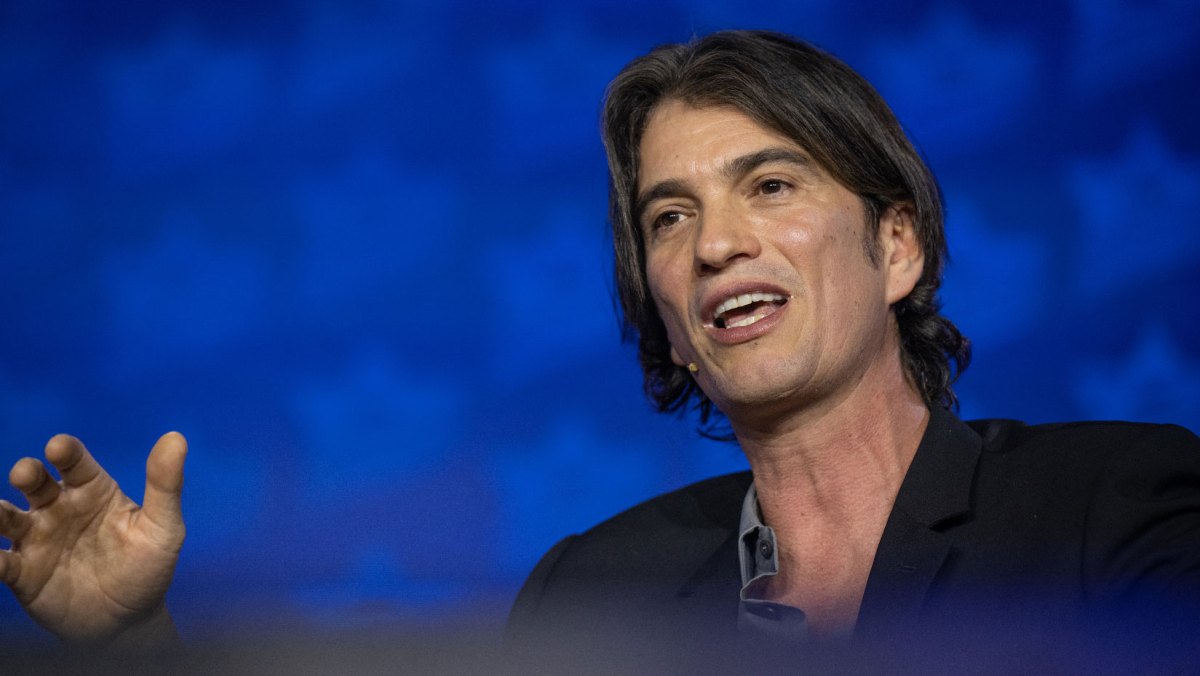Summary:
Forerunner Ventures has helped launch consumer startups like Warby Parker, Bonobos, and Glossier, none of which have gone through a traditional IPO.
The landscape has shifted towards alternative IPO methods, with companies like Chime and Ōura achieving valuations over $5 billion.
Kirsten Green emphasizes the importance of the secondary market for managing liquidity as companies delay going public.
Valuations can fluctuate significantly, as seen with Chime, which dropped from $25 billion to $6 billion before rising again.
Green's strategy focuses on early investments that align with emerging consumer trends and the intersection of innovation and culture.
Forerunner Ventures: Shaping the Future of Consumer Startups
Thirteen years ago, Forerunner Ventures began its journey by supporting a new wave of consumer startups like Warby Parker, Bonobos, and Glossier. Interestingly, none of these companies have undergone a traditional IPO process, with Warby Parker going public via a special purpose acquisition vehicle, while Bonobos was acquired by Walmart. Glossier, on the other hand, remains privately held.
Despite this, Forerunner founder Kirsten Green sees this as a success. In today's market, alternatives to the traditional IPO are becoming the norm.
The Shift in Startup Valuations
Companies like Chime and Ōura, which were early investments for Forerunner, have achieved impressive valuations exceeding $5 billion. However, while Chime has confidentially filed for an IPO, Ōura's CEO has stated there are no immediate plans for going public. Green expressed her lack of concern about this, describing Ōura as an “off-the-charts phenomenal company.”
Investors have adapted to a landscape with fewer conventional public offerings, increasingly utilizing the secondary market for managing liquidity. Green emphasizes the benefits of this shift, stating, “Companies are waiting so long to go public,” and that the secondary market allows for returns and liquidity.
Understanding the Secondary Market
Historically, firms anticipated major liquidity events within a few years. However, the reliance on the secondary market is a significant shift, driven by public markets that favor larger, high-performing companies. Green noted that price discovery becomes more efficient with more participants, even if it leads to discounts on investments.
For instance, Chime has seen its valuation fluctuate dramatically, from $25 billion in 2021 to $6 billion last year, before climbing back to $11 billion recently. Green explained that with more participants in the secondary market, the eventual public offering price reflects a broader market perspective.
Forerunner's Strategy for the Future
Green's strategy is to invest early in companies that align with emerging consumer behaviors. This approach has proven successful with brands like The Farmer’s Dog, which is reportedly seeing over $1 billion in annualized revenue. Forerunner aims to capitalize on the intersection of innovation and culture.
As Green pointed out, great companies require time to develop, and the venture capital landscape is learning to be patient and creative when it comes to exits.
(You can listen to the full conversation with Green on the StrictlyVC Download podcast.)









Comments